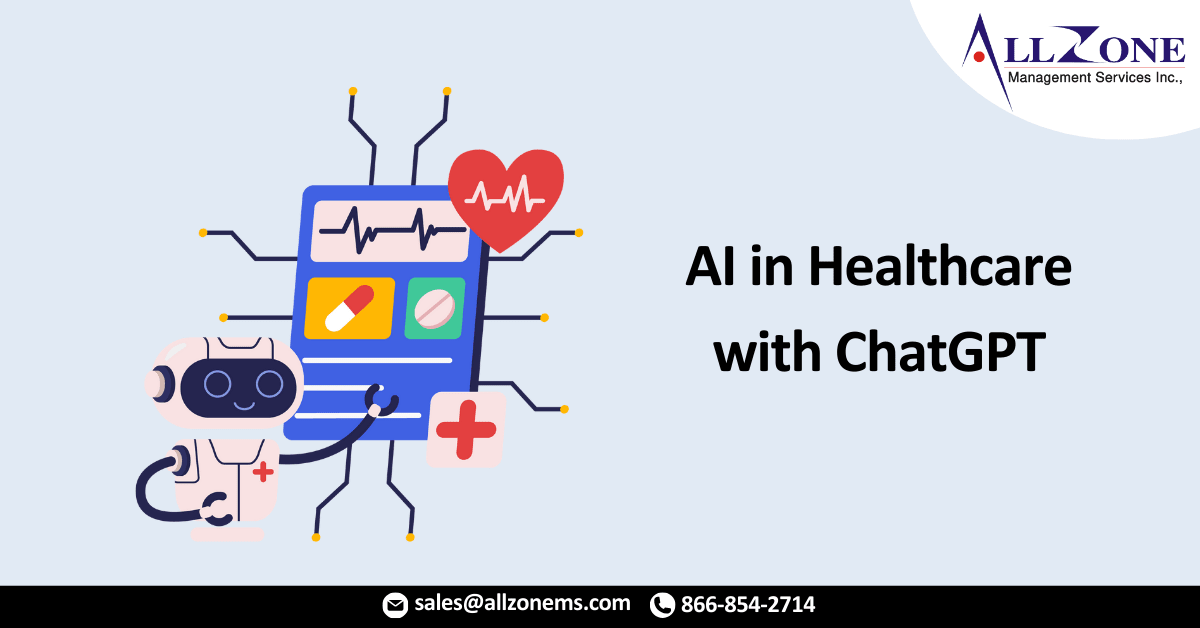Since the launch of OpenAI’s ChatGPT last year, healthcare executives have been actively discussing the potential of artificial intelligence in healthcare. The technology is constantly advancing, and health systems are closely monitoring its applications for maximum benefits. Microsoft is said to be working on a healthcare-oriented version of ChatGPT that prioritizes privacy, and they have already teamed up with Epic to incorporate the technology into electronic health records (EHRs).
UC San Diego Health, UW Health based in Madison, Wisconsin, and Stanford Health Care based in Palo Alto, California, have begun utilizing the new integration to generate automated message responses.
Epic’s Senior Vice President of Research and Development, expressed that their exploration of OpenAI’s GPT-4 has demonstrated the potential to enhance the effectiveness and accessibility of self-service reporting. This would enable healthcare organizations to more easily identify operational improvements, cost reductions, and obtain answers to questions both locally and in a broader context.
AI already plays a role in automating various functions within health systems, such as business office and clinical tasks, patient engagement, clinical trial support, and providing insights for precision medicine and care decisions. Additionally, digital health tools are quickly integrating artificial intelligence to offer a more personalized healthcare experience.
Given these rapid advancements, the question arises: will AI revolutionize healthcare or will its impact diminish?
AI has the potential to revolutionize healthcare across various critical areas. Here are some key domains where AI can bring about a transformative impact:
- AI has the potential to revolutionize healthcare in various ways. It can improve diagnosis and treatment by analyzing vast medical data, assisting healthcare professionals in making accurate decisions and personalized treatment plans.
- Medical imaging analysis can be enhanced through AI algorithms, enabling more precise and faster diagnoses, reducing human error, and improving patient outcomes.
- Healthcare operations can become more efficient with AI, automating administrative tasks, streamlining workflows, and allowing healthcare professionals to focus on patient care.
- AI can expedite drug discovery and development by analyzing diverse datasets, identifying potential candidates, optimizing drug design, and predicting efficacy and safety profiles.
- Precision medicine can be achieved through AI by analyzing patient data and genetics, tailoring therapies to individuals, improving treatment outcomes, and minimizing side effects.
- Remote patient monitoring and telehealth can benefit from AI-powered devices and platforms, enabling real-time data analysis, early detection of health issues, and personalized care from a distance.
- AI algorithms can predict health risks, identify disease onset, and recommend preventive measures, empowering individuals to maintain their health and enabling early interventions by healthcare providers.
- AI can support healthcare professionals by providing decision support, evidence-based guidelines, and access to the latest research and medical literature, enhancing clinical workflows and reducing errors.
The successful integration of AI into healthcare necessitates careful attention to ethical, legal, and privacy considerations. Transparency, interpretability, and responsible use of AI algorithms are vital for maintaining trust and ensuring patient safety. Collaborative efforts between AI systems and healthcare professionals are essential to strike the right balance between technology and human expertise, ultimately delivering high-quality, patient-centered care.
When it comes to concerns about how AI will transform healthcare, hospitals and doctors need not be afraid. By embracing AI as a tool to enhance healthcare delivery, hospitals and doctors can leverage its potential to improve patient care, increase efficiency, and advance medical knowledge. Ongoing education, training, and collaboration will play a key role in adapting to the evolving healthcare landscape influenced by AI.

